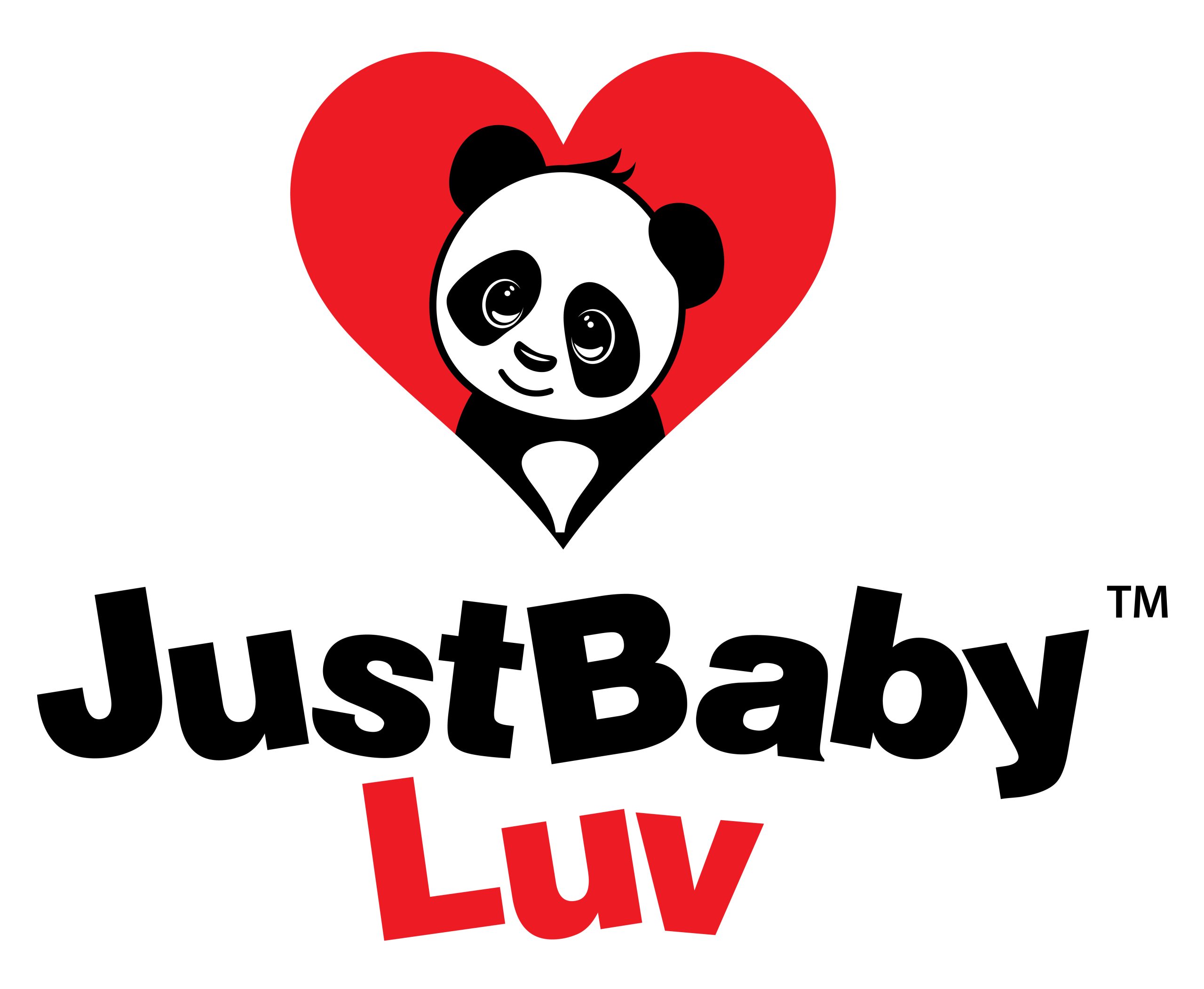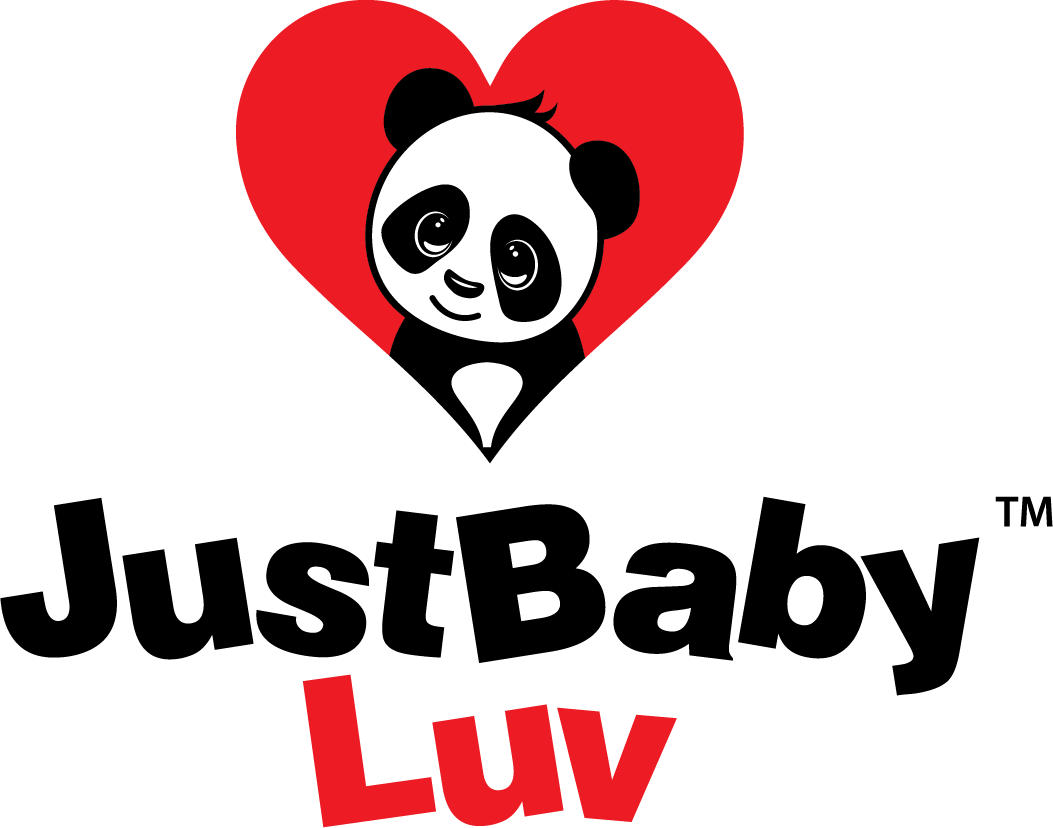Introduction
The early days of a baby’s life are filled with new experiences and milestones, but one of the most crucial aspects of this period is the formation of secure emotional bonds. The importance of bonding and attachment cannot be overstated, as it lays the foundation for your baby’s social, emotional, and cognitive development. In this article, we’ll explore why early emotional connections are vital, how they influence your baby’s growth, and practical tips for fostering a strong parent-child bond.
Why Bonding Matters
Bonding is more than just a feel-good term; it plays a fundamental role in a baby’s development. Secure attachment forms the basis of a child’s emotional health and affects how they relate to others throughout their life. Here’s why bonding is essential:
- Emotional Security: A strong bond provides a sense of security and safety, making your baby feel loved and valued. This emotional foundation is critical for developing trust and confidence.
- Social Skills: Babies who experience secure attachment are more likely to develop healthy social skills. They learn how to interact with others, share emotions, and build relationships based on trust and empathy.
- Cognitive Development: Early emotional connections support cognitive growth by fostering a sense of exploration and curiosity. When babies feel secure, they are more likely to engage with their environment, which enhances learning and problem-solving abilities.
How Bonding Influences Development
The impact of early bonding extends into various areas of development:
- Emotional Regulation: Babies with secure attachments are better at managing their emotions. They learn to cope with stress and frustration more effectively, leading to better emotional resilience.
- Attachment Styles: The nature of the bond established in infancy can influence the type of attachment style a child develops. Secure attachments lead to positive relationships and healthy emotional responses, while insecure attachments can contribute to challenges in later relationships.
- Behavioral Outcomes: Research indicates that children with strong emotional bonds tend to exhibit more positive behavior. They are often more cooperative, less anxious, and more socially adept.
Tips for Fostering a Strong Parent-Child Bond
Creating a nurturing environment and practicing responsive parenting are key to forming a strong bond. Here are some practical strategies:
- Practice Responsive Parenting: Pay attention to your baby’s cues and respond promptly to their needs. Whether it’s feeding, comforting, or playing, being attuned to your baby’s signals helps build trust and security.
- Engage in Skin-to-Skin Contact: Physical closeness, such as skin-to-skin contact, promotes bonding by regulating your baby’s body temperature and heart rate while providing comfort and reassurance.
- Establish Routines: Consistent routines create a sense of predictability and stability for your baby. Regular feeding, sleeping, and playtimes help your baby feel secure and supported.
- Spend Quality Time Together: Dedicate time to interact with your baby through activities like reading, singing, and playing. Positive interactions strengthen emotional connections and support cognitive development.
- Show Affection and Encouragement: Use positive reinforcement to affirm your baby’s actions and emotions. Smiles, hugs, and verbal encouragement help reinforce the bond and promote a positive self-image.
Conclusion
Bonding and attachment in the early stages of life are crucial for your baby’s overall development. By understanding the importance of early emotional connections and implementing strategies to foster a strong parent-child bond, you can support your baby’s emotional, social, and cognitive growth. Investing time and effort into building this foundational relationship will not only benefit your baby now but also lay the groundwork for a healthy, thriving future.
Call to Action
For more expert advice on parenting and child development, visit our site today. Explore resources, tips, and tools designed to support you in nurturing a strong, positive relationship with your baby.






